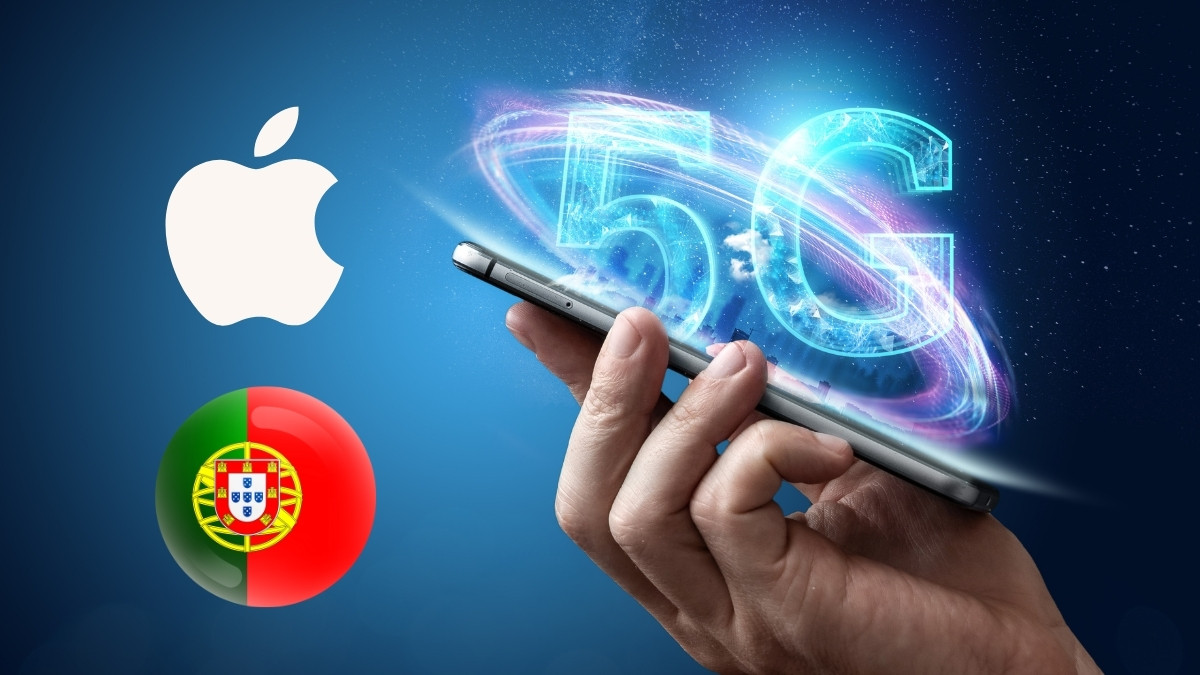In this article, we delve into Apple’s new partnership with Broadcom for 5G technology parts, part of which will be developed on American soil, marking a potential turning point in the tech giant’s dependency on foreign components.
Additionally, we take a look at Portugal’s recent decision to bar high-risk nations’ companies from its 5G network, a move that has inevitably led to the exclusion of China’s Huawei Technologies Co.
This pair of stories illustrates the evolving landscape of 5G technology worldwide.
Key Takeaways:
- Apple has signed a multibillion-dollar agreement with Broadcom for the production of 5G and other wireless connectivity parts.
- Some of these parts will be manufactured within the United States, marking a potential shift in Apple’s reliance on foreign production.
- Portugal has restricted 5G network equipment suppliers to those from the European Union, NATO, or the Organization for Economic Co-operation and Development, a decision that excludes Chinese companies such as Huawei.
- The Portuguese decision has implications for both the global 5G landscape and geopolitical relations.
Apple’s Multibillion-Dollar Partnership with Broadcom
In a landmark development for the tech industry, Apple, the global powerhouse, has penned a multibillion-dollar agreement with Broadcom.
This partnership is set to reshape the production of 5G and other wireless connectivity components.
Instead of relying heavily on international suppliers, Apple is bringing some of this production closer to home. It’s a significant shift that could have implications across the tech landscape.
A key component of this new collaboration will be produced right here in the United States.
Broadcom’s manufacturing base in Fort Collins, Colorado, is poised to serve as a focal point for this ambitious endeavor.
The companies involved have remained tight-lipped about which specific products will benefit from this 5G technology.
Still, the prospects are exciting, as it’s not just limited to Apple’s signature iPhone.
Apple’s journey into the world of in-house 5G technology is well underway. Since acquiring a majority of Intel’s phone modem business in 2020, they have steadily built up their capabilities.
The Impact of Apple’s Move on Qualcomm
While Apple’s move towards greater independence is interesting, it also raises questions about the implications for other players in the tech field.
Notably, Qualcomm, one of Apple’s largest customers, could feel a significant impact.
Qualcomm has enjoyed a comfortable position thanks to cellular modem sales, but with Apple forging a path with Broadcom, this could change.
Their decision to potentially stop using Qualcomm’s iPhone modems from 2024 could leave Qualcomm needing to reassess its business strategies.
Facing the prospect of losing one of its biggest clients, Qualcomm may need to rely more heavily on other Android phone manufacturers to sustain its profits.
Their chips, designed for Windows PCs, have had difficulty standing up to competition from x86-based counterparts.
Portugal’s Decision to Ban High-Risk 5G Equipment Suppliers
In another significant development on the global 5G stage, Portugal has taken a decisive stand.
It has made a bold move to exclude companies from what it deems ‘high-risk’ countries and jurisdictions from supplying equipment for its 5G networks.
Only providers from within the European Union, NATO, or the Organization for Economic Co-operation and Development will be permitted to contribute to Portugal’s 5G infrastructure.
This new directive is an attempt to increase national network security, although it has broader implications.
How This Decision Affects Huawei and Other Chinese Firms
The most striking consequence of Portugal’s decision is the effective exclusion of certain Chinese suppliers, including Huawei Technologies Co., from their 5G network.
This move follows a trend of skepticism towards Chinese tech firms, who are often accused of presenting security risks.
Huawei had previously collaborated with Portuguese telecom firms in developing their 5G networks.
Now, due to the new restrictions, they will likely be sidelined. Altice Portugal, for instance, had announced that it would partner with Nokia Oyj for its core 5G network, a noticeable shift from its initial collaboration with Huawei.
Conclusion
As Apple ventures into developing its 5G technology domestically and Portugal tightens its regulations on 5G providers, the 5G landscape continues to shift globally. Both developments signal a potential trend towards more regionalized and secure 5G network implementation.
As these changes unfold, they could influence the strategic decisions of other tech companies and nations regarding 5G deployment.
Stay tuned to keep up-to-date on the evolving landscape of this game-changing technology.
 Sections of this topic
Sections of this topic
















